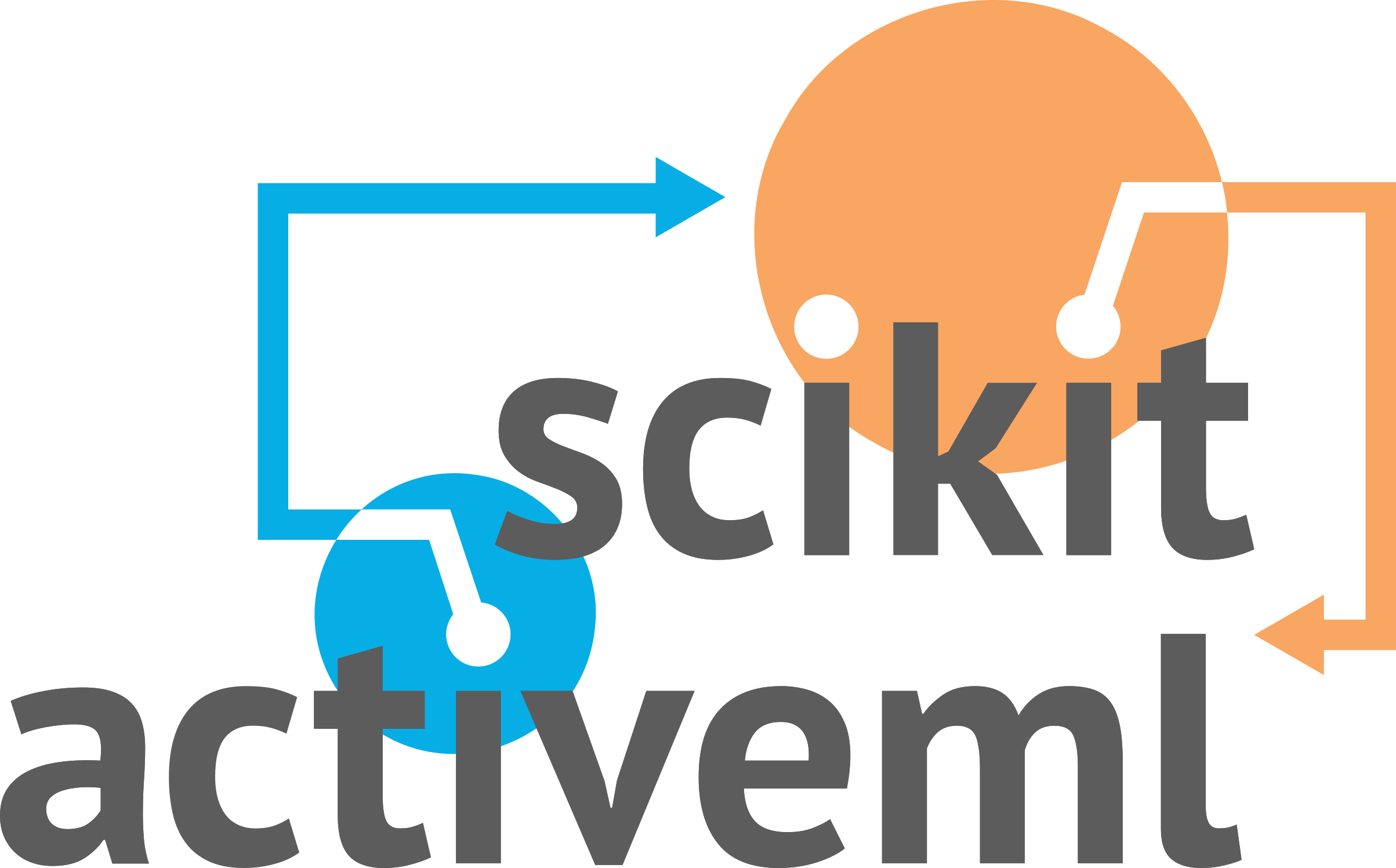RandomBudgetManager#
- class skactiveml.stream.budgetmanager.RandomBudgetManager(random_state=None, w=100, budget=None)[source]#
Bases:
EstimatedBudgetZliobaiteBudget manager which checks, whether the specified budget has been exhausted already. If not, a sample is queried, when the utility is higher than the specified budget. If budget is available, samples are queried randomly with a probability of budget %. See also
EstimatedBudgetZliobaite.- Parameters:
- random_stateint or RandomState instance or None, default=None
Controls the randomness of the budget manager.
- wint, default=100
Specifies the size of the memory window. Controlls the budget in the last w steps taken.
- budgetfloat, default=None
Specifies the ratio of samples which are allowed to be sampled, with 0 <= budget <= 1. If budget is None, it is replaced with the default budget 0.1.
Methods
Get metadata routing of this object.
get_params([deep])Get parameters for this estimator.
query_by_utility(utilities)Ask the budget manager which utilities are sufficient to query the corresponding labels.
set_params(**params)Set the parameters of this estimator.
update(candidates, queried_indices)Updates the budget manager.
- get_metadata_routing()#
Get metadata routing of this object.
Please check User Guide on how the routing mechanism works.
- Returns:
- routingMetadataRequest
A
MetadataRequestencapsulating routing information.
- get_params(deep=True)#
Get parameters for this estimator.
- Parameters:
- deepbool, default=True
If True, will return the parameters for this estimator and contained subobjects that are estimators.
- Returns:
- paramsdict
Parameter names mapped to their values.
- query_by_utility(utilities)[source]#
Ask the budget manager which utilities are sufficient to query the corresponding labels.
- Parameters:
- utilitiesarray-like of shape (n_samples,)
The utilities provided by the stream-based active learning strategy, which are used to determine whether querying a sample is worth it given the budgeting constraint.
- Returns:
- queried_indicesnp.ndarray of shape (n_queried_indices,)
The indices of samples in candidates whose labels are queried, with 0 <= queried_indices <= n_candidates.
- set_params(**params)#
Set the parameters of this estimator.
The method works on simple estimators as well as on nested objects (such as
Pipeline). The latter have parameters of the form<component>__<parameter>so that it’s possible to update each component of a nested object.- Parameters:
- **paramsdict
Estimator parameters.
- Returns:
- selfestimator instance
Estimator instance.
- update(candidates, queried_indices)[source]#
Updates the budget manager.
- Parameters:
- candidates{array-like, sparse matrix} of shape (n_samples, n_features)
The samples which may be queried. Sparse matrices are accepted only if they are supported by the base query strategy.
- queried_indicesnp.ndarray of shape (n_queried_indices,)
The indices of samples in candidates whose labels are queried, with 0 <= queried_indices <= n_candidates.
- Returns:
- selfSplitBudgetManager
The budget manager returns itself, after it is updated.
